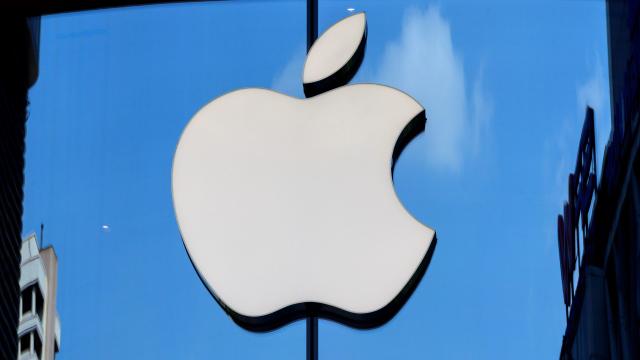Apple’s offering a bit more clarity surrounding the anti-tracking tech that’s going to debut this autumn. On Wednesday, a company spokesperson confirmed to TechCrunch that Apple’s so-called App Tracking Transparency (ATT) protocol will crack down on all identifiers an app might use to track you — not just identifiers that Apple owns.
A quick reminder for folks that haven’t been keeping up on all things ATT until now: These are (semi-controversial) tags that mandate every iOS app ask for user consent before tracking them across other apps or websites. In most cases, this sort of tracking is done using what’s known as an “identifier for advertisers” or “IDFA,” for short — a piece of tech that’s baked into every Apple phone, and can be used for everything from in-app ad targeting to tracking a person’s phone location (sometimes without their say-so).
Part of the reason that some giants in the digital ad space — most notably, Facebook — have been losing their minds over this update is that many assume that when given the choice, most people probably won’t opt into having apps track their every move. So, it shouldn’t be too surprising that these same players have attempted to find backdoors and loopholes in Apple’s policies to come up with identifiers of their own. These range from collecting hashed email addresses to cobbling together identifiers based on battery percentages and hardware specs, to, well, just about anything else you can think of.
While Apple’s been acutely aware of these sorts of loopholes for some time now, the company made it clear to TechCrunch that when a user hits the “opt out of tracking” button, the company isn’t only expecting app developers to turn off any IDFA-related tracking, but tracking for any other sorts of identifiers as well. In practice, this makes sense: When a user tells an app not to track them, there’s a good chance they expect that app not to track them.
The same Apple spokesperson confirmed that the company’s own apps will also abide by these new rules. That said, you won’t be seeing any tracking requests from, say, Apple podcasts or Apple’s stocks app, since Apple apps don’t actually track users across their device in order to target them with ads. That said, Apple does have its own personalised ads settings if users want to control how the company uses their first-party data on their device.
